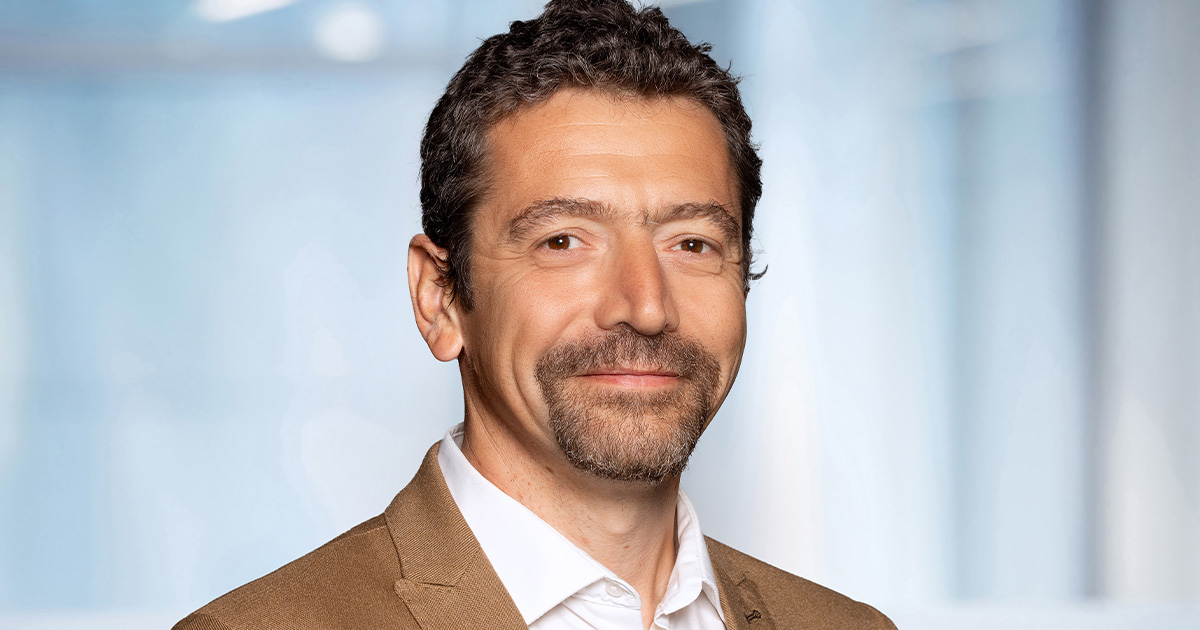DNV to Verify Substation of Equinor's Floating Wind Farm in South Korea

DNV, an independent energy expert and assurance provider, has been selected by Equinor to provide verification services for FEED (Front End Engineering and Design) of the substation of the Bandibuli / Firefly floating wind farm. The wind farm comprises two 75 km2 areas, 70 km offshore Ulsan in South Korea. DNV will leverage its verification services and expertise within offshore substations and floating structures to ensure the reliability and efficiency of this project. This includes independent assessment and validation of standards basis, design requirements and specifications with a focus on optimizing performance and minimizing risks.
Floating substations play a crucial role in the scaling of floating offshore wind, serving as hubs to connect multiple wind turbines and transmit renewable energy to markets. Designing and implementing these substations present distinct challenges, including the need for high-voltage dynamic cables and electrical equipment that can withstand the movements of floating structures.
“Equinor’s Bandibuli / Firefly project is at the forefront of driving innovation in floating wind farms, and DNV is proud to contribute its expertise to ensure the success of this groundbreaking endeavor,” says Brice Le Gallo, Vice President & Regional Director APAC for Energy Systems at DNV. “South Korea holds some demanding conditions like typhoons which need to be considered in the design. We aim to help Equinor enhance stakeholder confidence, mitigate risks, and ensure that the Bandibuli / Firefly project meets the highest industry standards. This project marks a significant step towards advancing sustainable energy solutions and reinforces the commitment to excellence in floating offshore wind projects.”
With a focus on closing gaps in existing technology and standards applicable to floating substations, DNV has initiated a Joint Industry Project (JIP). The collaborative industry effort has brought together 38 participating companies, including Equinor, to tackle the distinctive challenges associated with floating offshore substations. Results and insights from the JIP will benefit the design verification of this project. In addition, DNV will take JIP results and learnings from testing the gained expertise on a specific project into the update of its standard for offshore substations (DNV-ST-0145) to include floating substations.
South Korea’s offshore wind policy is gaining momentum as the country actively pursues cleaner energy sources. As part of its Green New Deal, South Korea aims to generate 20% of its power from renewables by 2030 and between 30-35 percent by 2040. The specific target for offshore wind capacity stands at an impressive 14.3 GW. State-owned power generation companies (GENCOs) and private developers are actively involved in offshore wind projects. By focusing on large-scale projects, the country aims to make a significant impact on its energy portfolio and reduce its carbon footprint.
DNV has been operating in Korea since the 1970s. Today, more than 350 experts located in five cities provide assurance, classification and risk management services to customers across different sectors, including the energy, oil & gas, offshore and maritime industry. DNV brings trust to the entire energy value chain through advisory, monitoring, verification, and certification services.

